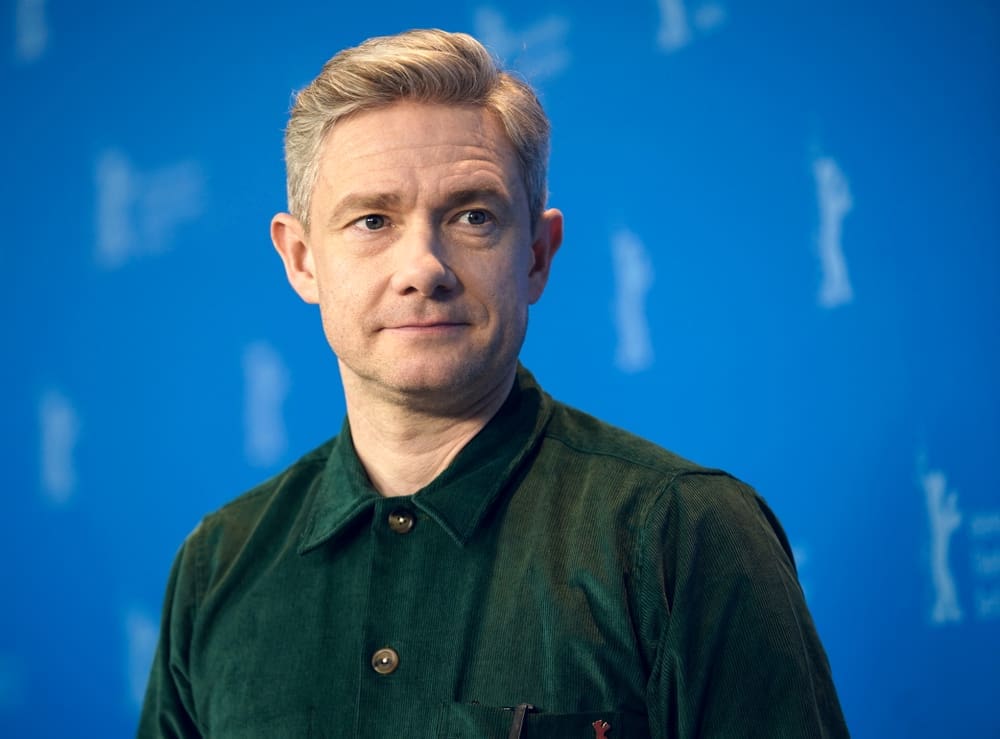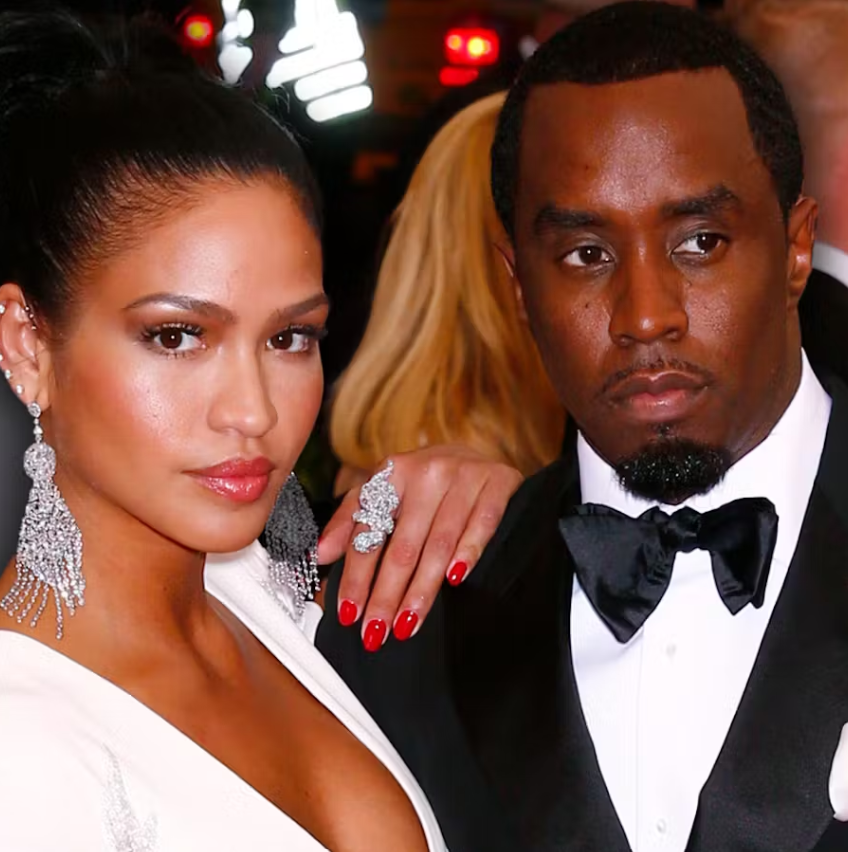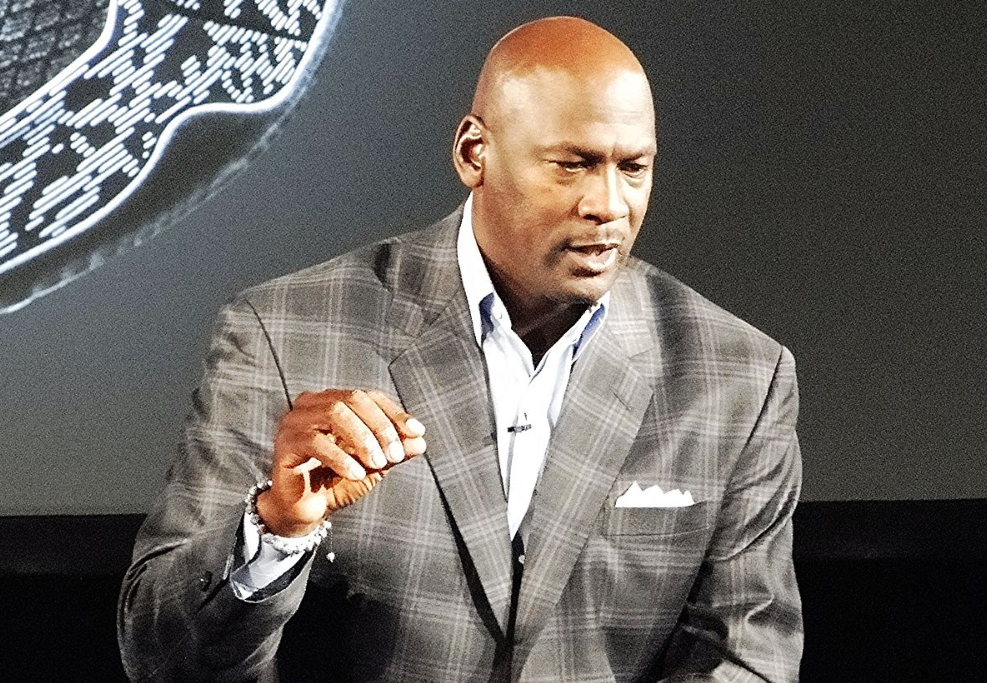Martin Freeman recently shared his decision to end his 38-year-long vegetarian lifestyle during an appearance on the Dish podcast. Having adopted vegetarianism as a teenager due to ethical concerns about eating animals, Freeman has now reverted to an omnivorous diet, influenced largely by his dissatisfaction with highly processed meat substitutes. He candidly discussed his new culinary experiences, including indulging in foods he had avoided for decades, such as Scotch eggs and pork pies, which he describes as “food of the gods.”
During the podcast, Freeman explained that while he enjoyed vegetarian replacements, he found many of them to be overly processed. His shift back to eating meat was also a move towards consuming less processed foods, aligning with his current dietary preferences, which include enjoying more traditional British dishes. This change comes after years of abstaining from many staple foods, which Freeman mentioned he missed during his years as a vegetarian.
The actor’s dietary shift has sparked discussions, drawing comments from figures such as Richard McIlwain, Chief Executive of the Vegetarian Society. McIlwain expressed surprise at Freeman’s change, noting that the foods Freeman now enjoys could be considered just as processed as some vegetarian options. This highlights a broader debate about what constitutes healthy eating and the perceived benefits and drawbacks of meat versus plant-based diets.
Freeman’s decision is a personal one, yet it raises public interest due to his celebrity status. It underscores the complexities of dietary choices and personal health, reflecting broader societal trends where individuals increasingly scrutinize the contents and health implications of their food, whether meat-based or vegetarian.
This narrative around Martin Freeman’s dietary changes serves as a reminder of the ongoing evolution in public discussions about diet and health, illustrating how personal choices can sometimes become focal points for broader cultural conversations.




